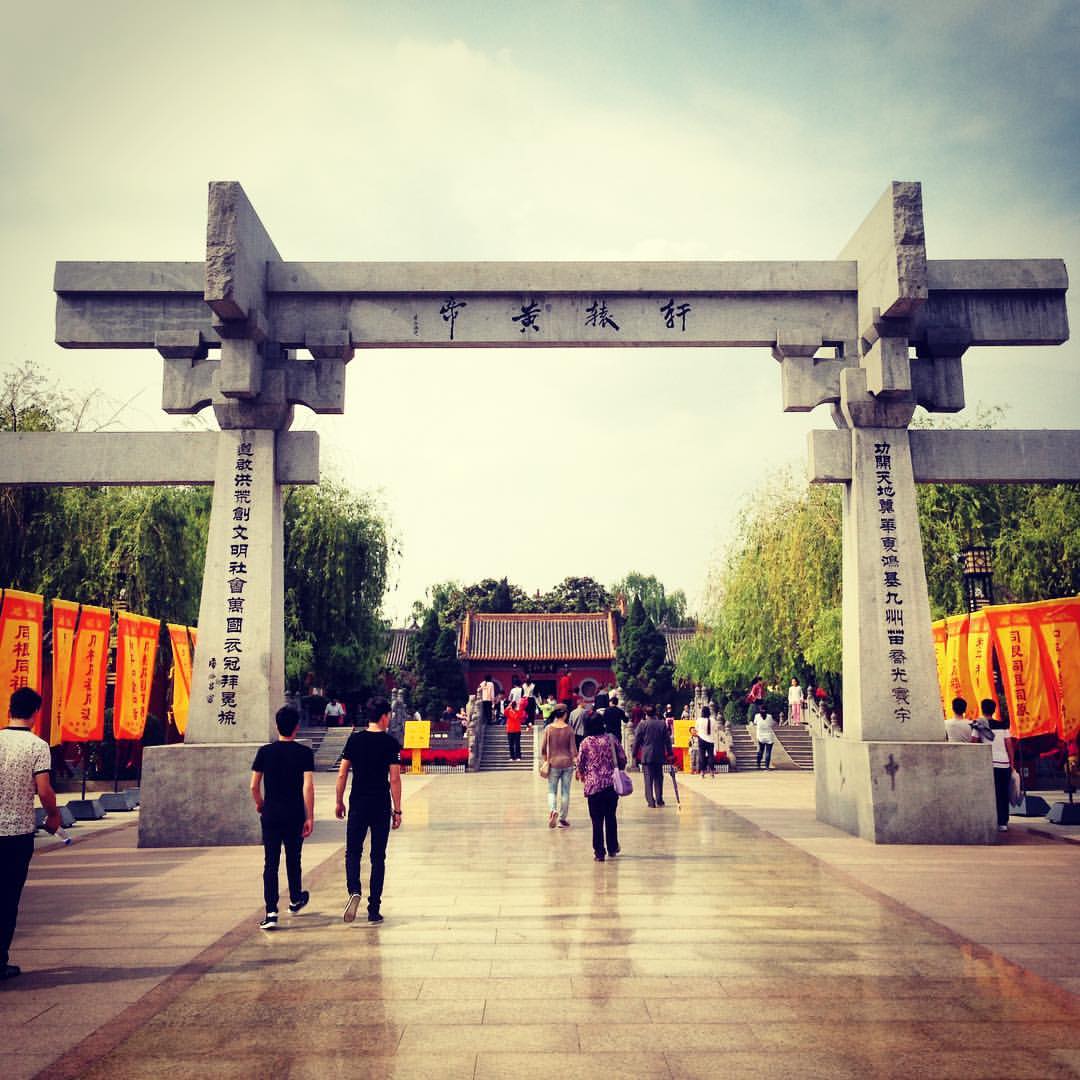|
Guangchengzi
Guang Chengzi ({{zh, s=广成子, t=廣成子, p=Guǎngchéngzǐ, w=Kuang ch'eng-tzu) (Literarily "Person Who Knows All" ) is a Taoist deity and a character in the classic Chinese novel ''Fengshen Yanyi''. Taoist mythology From the idea of Taoism, Guang Chengzi was the avatar of Taishang Laojun (also named Daode Tianzun) during the period of Yellow Emperor in ancient Chinese history. According to Zhuangzi's recording, he lived in Kongtong Mountains, the Yellow Emperor visited him there for his teaching. He gave the Yellow Emperor several books that talked about the moral, natural, and philosophical issues, which helped the Yellow Emperor create the early Chinese civilization. It is said that Guang Chengzi had a long life of 1200 years. There is another saying that Guang Chengzi was the avatar of the Dao, who appeared in the human world three times – the first time as Guang Chengzi during the Yellow Emperor time; second as Laozi during the Spring and Autumn period; and third ... [...More Info...] [...Related Items...] OR: [Wikipedia] [Google] [Baidu] |
Kongtong Mountains
Kongtong Mountains () is one of the sacred mountains of Taoism. It is located in Pingliang City, Gansu Province, People's Republic of China. It is the mythical meeting site between the Yellow Emperor (also known as ''Huangdi'' or by his given name 'Xuan Yuan') and Guangchengzi. See also * Kongtong Sect The Kongtong School is a martial arts school mentioned in several works of ''wuxia'' fiction. It is commonly featured as a leading orthodox school in the '' wulin'' (martial artists' community). It is named after the place where it is based, the K ... Landforms of Gansu Mountains of Gansu Parks in Gansu {{Gansu-geo-stub ... [...More Info...] [...Related Items...] OR: [Wikipedia] [Google] [Baidu] |
Yellow Emperor
The Yellow Emperor, also known as the Yellow Thearch or by his Chinese name Huangdi (), is a deity ('' shen'') in Chinese religion, one of the legendary Chinese sovereigns and culture heroes included among the mytho-historical Three Sovereigns and Five Emperors and cosmological Five Regions' Highest Deities (). Calculated by Jesuit missionaries on the basis of Chinese chronicles and later accepted by the twentieth-century promoters of a universal calendar starting with the Yellow Emperor, Huangdi's traditional reign dates are 2697–2597 or 2698–2598 BC. Huangdi's cult became prominent in the late Warring States and early Han dynasty, when he was portrayed as the originator of the centralized state, as a cosmic ruler, and as a patron of esoteric arts. A large number of texts – such as the ''Huangdi Neijing'', a medical classic, and the '' Huangdi Sijing'', a group of political treatises – were thus attributed to him. Having waned in influence during most of the ... [...More Info...] [...Related Items...] OR: [Wikipedia] [Google] [Baidu] |
Ping Sien Si - 013 Guang Cheng Zi (16109641966)
Ping may refer to: Arts and entertainment Fictional characters * Ping, a domesticated Chinese duck in the illustrated book '' The Story about Ping'', first published in 1933 * Ping, a minor character in ''Seinfeld'', an NBC sitcom * Ping, a character in the webcomic ''Megatokyo'' * Ping, the disguised identity of Hua Mulan in the animated film ''Mulan'' * '' Ping the Elastic Man'', a comic strip character introduced in ''The Beano'' in 1938 * "The machine that goes ''Ping!''", a fictitious obstetric medical device featured in the film ''Monty Python's The Meaning of Life'' * Mr. Ping, a character in the ''Kung Fu Panda'' franchise * Professor Ping, a character in the film '' Barbarella'' * Ping, a character in Carole Wilkinson's novel ''Dragonkeeper'' Other uses in arts and entertainment * "Ping" (short story), by Samuel Beckett * ''Ping!'', a 2000 film featuring Shirley Jones * Ping.fm, a microblog social network * Ping, an ability in the trading card game ''Magic: The Gat ... [...More Info...] [...Related Items...] OR: [Wikipedia] [Google] [Baidu] |
.jpg)

